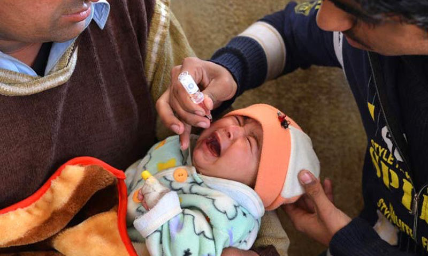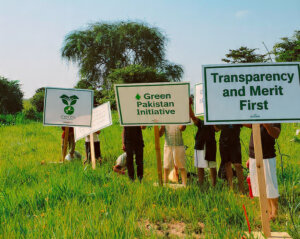Editorial:
The alarming surge in polio cases in Balochistan continues to expose the failures of the ongoing eradication campaigns. With three new cases, the provincial total has now reached 20, and the national tally stands at 37, underscoring the dire need for urgent action.
Despite millions poured into vaccination efforts, the virus remains a persistent threat, especially in remote and underserved areas.
The failure to contain the virus highlights a deep-rooted issue: chronic vaccine refusals and ineffective management of the polio campaigns.
For years, health officials and organizations like the World Health Organization (WHO) and UNICEF have launched numerous drives, but their impact remains minimal.
One major hurdle is the lack of access to high-risk areas, where families refuse the vaccine due to misinformation, mistrust, or cultural resistance.
Beyond logistical challenges, the absence of political and social ownership further weakens the campaign.
Without the backing of influential leaders, community buy-in is minimal, leaving the burden on health workers who often face resistance.
The failure of local authorities to engage and mobilize communities is a critical factor contributing to the rising cases.
To truly overcome this crisis, a shift toward indigenous solutions is essential. The authorities must trust and empower local staff members who understand the cultural and social dynamics of their communities.
Policies imposed from Islamabad often fail to address the specific challenges faced in Balochistan.
Instead, local leaders—political, religious, and social—should be brought on board to help reshape the strategy, build trust, and engage communities in the fight against polio.
By embracing an approach rooted in local ownership and tailored to the province’s needs, Balochistan can make meaningful progress in eradicating the virus.
Without swift action, Balochistan’s battle against polio will continue to stall, putting more young lives at risk. The virus is not just a health issue but a reflection of systemic failures that need to be addressed to protect future generations.






